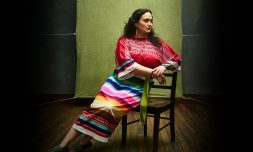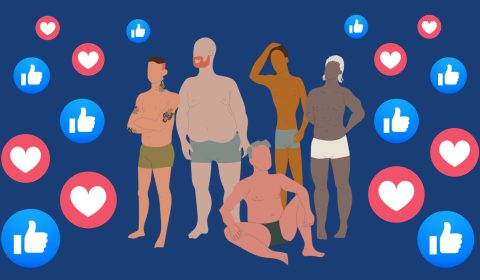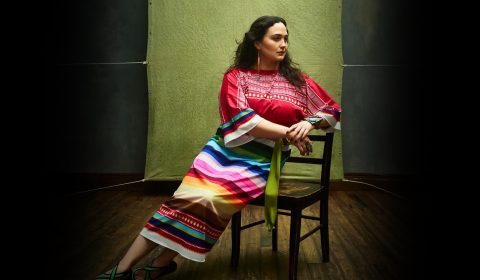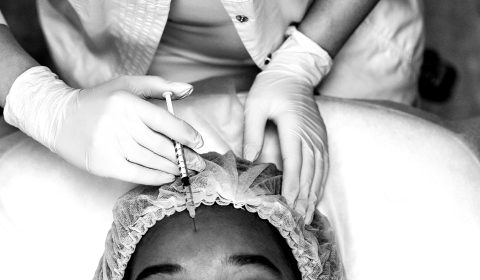Anne Hathaway revealed she suffered a miscarriage while playing a pregnant woman in 2015. The response proves taboos around womens’ health are still rife in 2024.
In a new Vanity Fair interview, actor Anne Hathaway candidly revealed she had suffered a miscarriage in 2015 whilst playing a pregnant woman.
The role, which was part of a one-woman stage performance, required Hathaway to ‘give birth on stage every night’ over the course of six weeks.
During the play’s run, Hathaway said she ‘pretended everything was fine’, but revealed what had happened to her friends when they visited her backstage.
The actor now has two sons with her husband Adam Shulman, but in a 2019 Instagram post, Hathaway also shared her past struggles with fertility.
‘It’s not for a movie. All kidding aside, for everyone going through infertility and conception hell, please know it was not a straight line to either of my pregnancies. Sending you extra love.’
Hathaway said her decision to share details of her fertility journey came from a desire to be open and honest with her audience.
‘Given the pain I felt while trying to get pregnant, it would’ve felt disingenuous to post something all the way happy when I know the story is much more nuanced than that for everyone’ she told Vanity Fair.
Speaking openly about her miscarriage was, for Hathaway, a way of rejecting the shame so often associated with lost pregnancies. ‘[I] wasn’t going to feel ashamed of something that seemed ‘statistically to actually be quite normal’ she added.
But despite an outpouring of support for the actor, whose words have provided a source of comfort for many women going through similar experiences, it’s hard to ignore the negative comments that target Hathaway’s honesty.
‘All part of the job. We all have to work’ said one user beneath a BBC Instagram post detailing Hathaway’s experience.
‘What movie is she promoting?’ said another.
This ruthless response highlights the continued dehumanisation of celebrities, but also women – particularly when it comes to issues of reproductive health.
Hathaway’s decision to be open about what is undeniably an extremely personal and traumatising experience is considerably powerful. It lets women know that they are not alone, that what they’re experiencing is actually incredibly normal.
Far from belittling her story, Hathaway’s fame is a tool for igniting change and shifting perspective. Those who dismiss her voice because she’s a celebrity ultimately prove that public voices like Hathaway’s are more necessary than ever.
‘I actually appreciate a celebrity talking about their miscarriage experiences. We don’t talk about miscarriages and how common they are, which is a problem when you’re experiencing one’, said one Instagram user.
Anne Hathaway is opening up about her fertility challenges. While she’s welcomed two sons with her husband Adam Shulman, Anne revealed in a new interview that she suffered a miscarriage in 2015.
🔗: https://t.co/y31PRhOUmH pic.twitter.com/hmlfjKNKAe
— Entertainment Tonight (@etnow) March 26, 2024




















